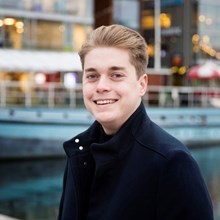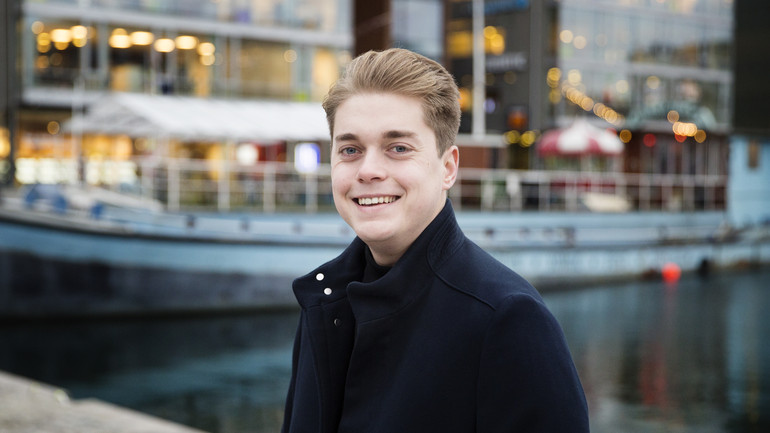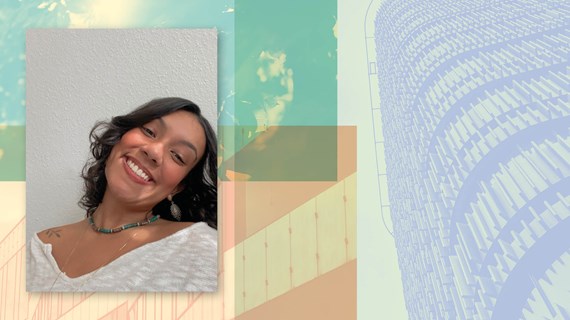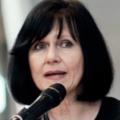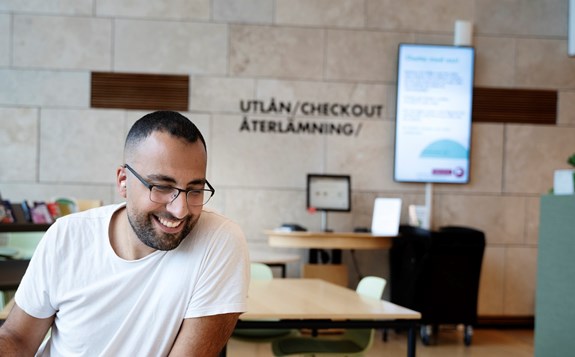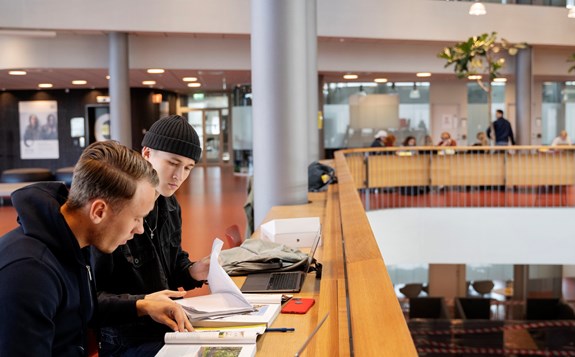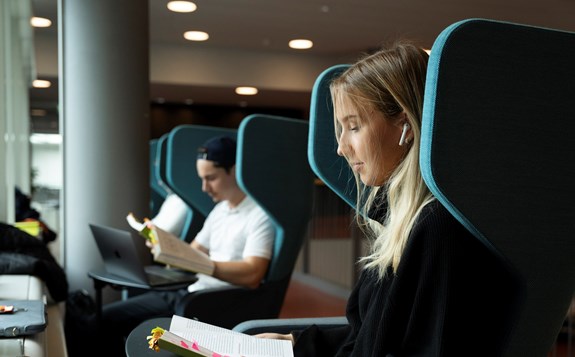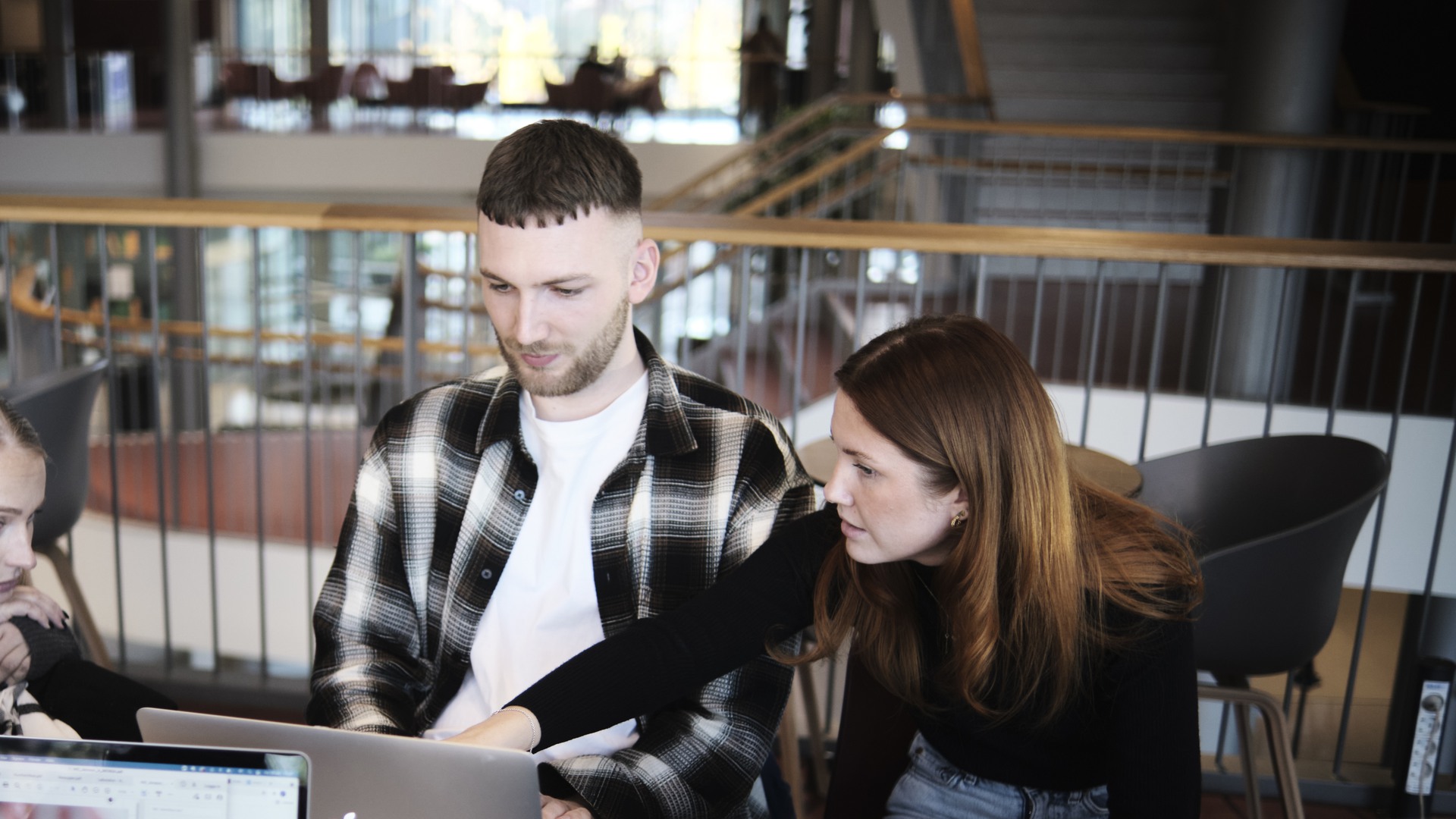Autumn 2026 - Semester 1
Spring 2027 - Semester 2
Autumn 2027 - Semester 3
- Project Management and Methods in Zones of Conflict (FK202L), 15 credits
- Civil Society Actors in Local, National and International Contexts (FK201L), 15 credits
Spring 2028 - Semester 4
Elective semester: courses at the Department of Global Political Studies, Malmö University, other Swedish universities or abroad (i.e. exchange studies), or internship.
Autumn 2028 - Semester 5
Elective semester: courses at the Department of Global Political Studies, Malmö University, other Swedish universities or abroad (i.e. exchange studies), or internship.
